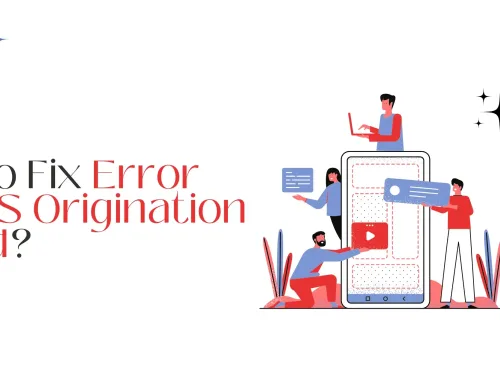Teleconsultation is a process in which two or more people communicate with each other using a telephonic or video link. The parties can analyze the results of the communication between the two parties.
Teleconsultation can be used as an alternative to face-to-face, in which one person has to travel to another location, or in which one person has to be present.
Teleconsultation is essential for clinical decision-making and is widely used during clinical trials to determine whether a drug should be approved for use.
It can also be used as a screening tool for pharmaceutical products that are being developed, such as vaccines and treatment regimens.
In times of crisis, teleconsultation may be used to communicate with patients before they are moved from one place of care to another. Teleconsultation in Singapore uses video conferencing technology for both parties involved in the conversation.
These include patients who are physically unable to speak on the telephone but can still consent through written consent forms or videos recorded from video cameras.
In this case, it is possible for the doctors and patients who cannot speak on the telephone at all (such as children) to participate via video conference via camera phones.
Clinicians use teleconsultation in Singapore to achieve specific goals by communicating with patients through various means. Teleconsultation may be used as an alternative to face-to-face interactions where the clinician must be present in the patient’s home environment.
Related: How Organizations Can Innovate In Retail With Latest Technology
In order for clinicians to communicate effectively with patients, they must possess specialized knowledge about clinical issues that may not be shared with patients in the clinic.
This can be particularly true for women who are often reluctant to discuss their medical treatment or family history with male healthcare providers. In addition, many women are unable to engage in face-to-face conversations due to physical limitations or disabilities.
Teleconsultation is used when there are insufficient face-to-face or telephone interviews because of a variety of factors, including short communications networks, limited time periods, distance from the patient and doctor, etc.
Teleconsultation can be conducted through traditional telephone calls or through Skype for Business Online Chat service for business purposes. It is mainly used by medical professionals who want to engage with multiple patients at a time.
Teleconsultation in healthcare involves an interaction between one professional and multiple patients at once. So it provides patients with more personalized care as well as being an opportunity for doctors to develop relationships with their patients over the long term.
Moreover, it also allows doctors to explore new practices and techniques by seeing how they work on each patient over time.
Teleconsultation is a logical step in the clinical decision-making process. It is a method used to perform an in-person evaluation and/or consultation with a client. Unlike face-to-face and video consultation, Teleconsultation allows clinicians to access the client’s full clinical team.
Teleconsultation provides a unique opportunity for clinicians to learn about their patient’s clinical spectrum as well as their health status, history, and current biobehavioral state.
Teleconsultation has been shown to offer significant benefits over face-to-face or video consultations in terms of health outcomes, diagnostic accuracy, and ease of use.









![Is Cashapp Not Working? [How to Fix]](https://timeforknowledge.com/wp-content/uploads/2023/08/Cash-app-Not-Working-500x383.webp)


